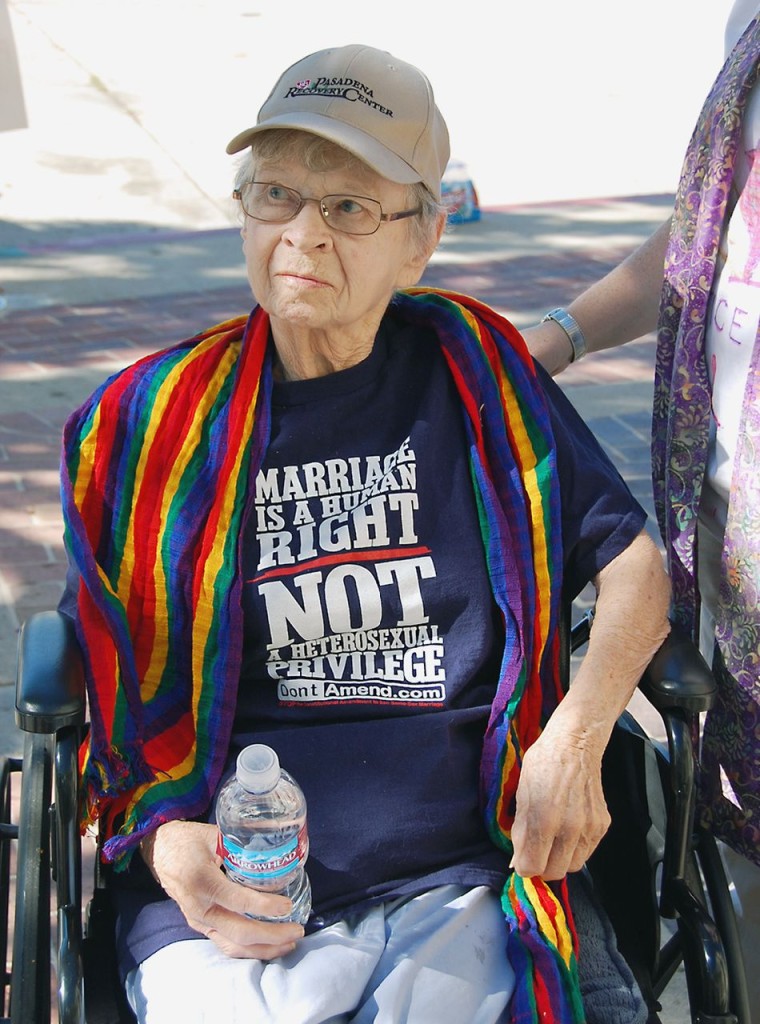MY IMMIGRANT MOTHER sits silently in a room the size of a small kitchen. Earlier this year, she survived multiple failures of the heart, kidneys, and limbs over the course of six weeks. She is seventy-three, uses a wheelchair, and for the first time in her life is surrounded by white people who do not speak Spanish, in the only nearby nursing home my parents can afford. In turn, my father drives through the days confronted by three omnipresent realities: hour-long daily visits with my mother, a night shift to keep him mentally and financially afloat, and a mailbox flooded with health care bills, insurance disputes and the complexity of navigating Medicare, Medicaid, and private insurers. When I speak of health reform, queer rights, or racial and economic justice, he gazes at me solemnly. He survived a lifetime of racial discrimination, fought in two wars and lived through the ensuing decades with a cacophony in his psyche. At seventy-eight, nearly blind and deaf, he will hear nothing of systems and reform. More often than not, these days we sit in silence.
This silence haunts me as an advocate who works at the intersection of aging and lesbian, gay, bisexual, transgender, and queer (LGBTQ) rights. The aging and LGBTQ advocacy fields often propose policy solutions that are too narrow to address the complexity of how all marginalized people — including heterosexual people of color such as my parents, members of the LGBTQ community, and more — experience the process of aging. We need social transformations that address the intersecting forms of oppression that older people face — and that can make sense of the chaos and silence that shroud my parents. This has become especially clear to me through my work as the director of a national policy program devoted to improving the health and well-being of LGBTQ older people.

A closer look at the lives of aging LGBTQ people reveals how deeply identity politics and class politics are entangled. Here, an older protester rallies for marriage equality in Pasadena, California.
For the full essay, which originally appeared in Tikkun Magazine click here

